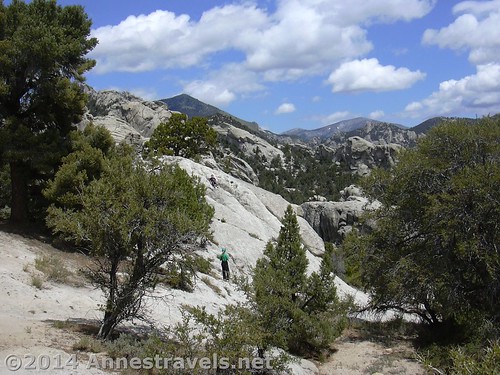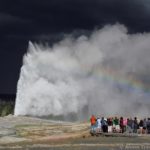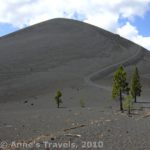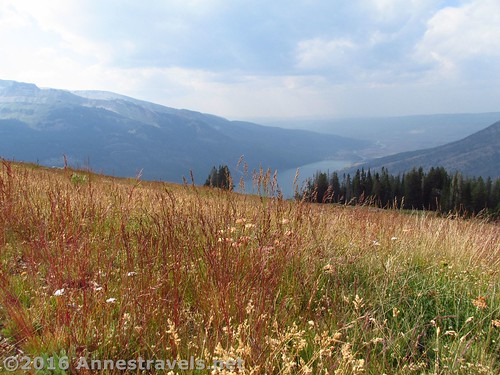
Hiking the meadows on White Rock in the Wind Rivers of Wyoming
Last week, I wrote about how the wilderness leaves us in awe – a sense of reverential fear at something bigger than ourselves. I finished by saying, “We’re not afraid of a mountain view, but it humbles us and puts us in our place.”
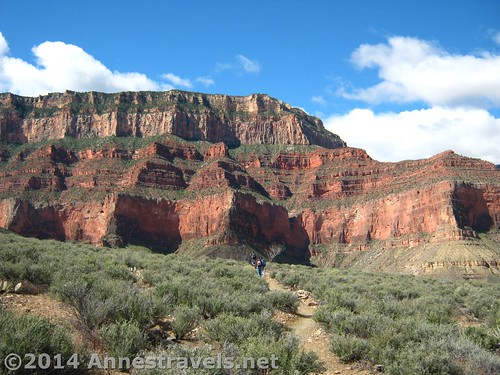
Hiking the Tonto Trail near the South Kaibab Trail in Grand Canyon National Park, Arizona
I’ve often wondered how some people can see a beautiful view, turn around, and walk away completely unmoved and unchanged by it. Somehow, they are living their lives without the awe-factor that moves so many of us to return to the wilderness time and again.
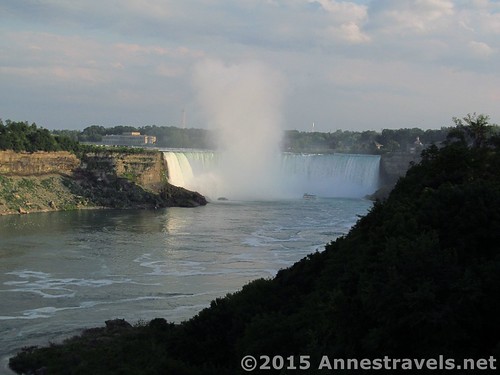
Niagara Falls from Ontario, Canada
The more I’ve thought about it, the more I realize that you can’t feel awe without knowing your own worth. If you think you’re the best/greatest/only/etc., you won’t be able to feel awe because you’ll be too busy thinking about yourself and how you’re better than others (including nature) to be able to be in awe of it.
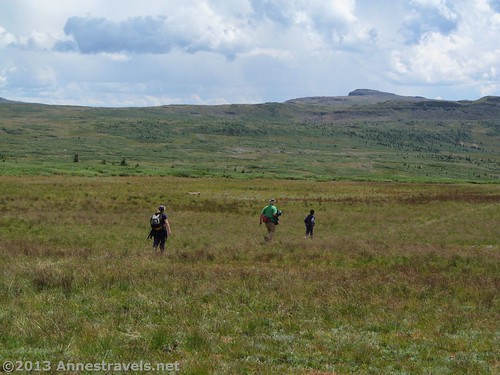
Hiking near the Causeway in the Flat Tops Wilderness of Colorado
But if you can see yourself as you are – not bigger than life, not less than you really are (you are the righteousness of God in Christ, by the way (2 Corinthians 5:21)) – you know where you stand, and therefore the feeling of awe comes naturally.
Awe is the offspring of humility. Whether we are looking at a desert vista or worshiping God in our local church, awe comes out of knowing our true worth – not bigger than we are, not a misconceived idea of our smallness, but who we really are; who God sees when He looks at us. When we get that right, we have humility, and we can experience awe.
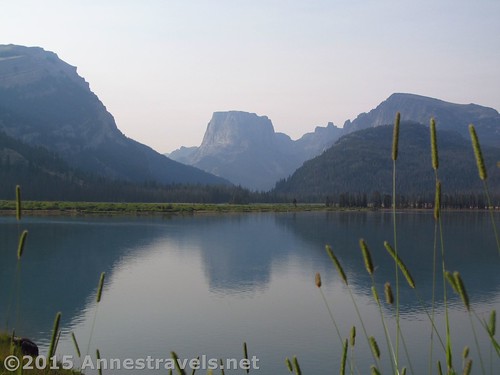
Sunrise on Squaretop near the beginning of the Highline Trail in the Wind Rivers of Wyoming
It’s one of the reasons that we can meet so easily with God in the wilderness. In that place of awe of God’s creation, we find humility and in that place of seeing ourselves as God sees us, we can connect with Him in a deeper way.

